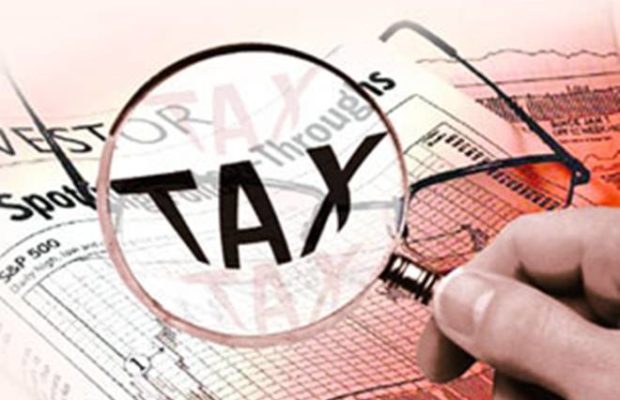PPF, NPS, ELSS, Bank Tax Saver FD, and ULIPs are some of the most common ways to save taxes through investment. But what if you don’t want to invest and lock in your hard-earned money? There are, however, other ways to save income tax without investing your money.
Read More : Popular Anti aging serums you can try for timeless beauty
Insurance premium
Sections 80C and 80D of the Internal Revenue Code allow you to deduct your life and health insurance premiums. The limits for claiming a tax deduction under Section 80D are determined by who is covered by the health insurance and their age. As a result, the limit may vary depending on the taxpayer’s family members, such as spouses, parents, and children, for whom the insurance is purchased.
Children tuition fee and Hostel allowance
Section 80C allows you to deduct the tuition you pay for your children (up to two) to any educational institute; however, the limit is Rs. 1,50,000. Aside from that, Section 10(14) exempts you from paying taxes on special allowances given by employers for your children’s education, which may include hostel expenses.
Read More : Process to transfer money from credit card to bank account
Repayment of education Loan
Many of us who start working after finishing our higher education are burdened by the EMIs of our education loans. While you are in the early stages of your career, do not overlook the tax benefit on an education loan if you are in the taxable income bracket.
Section 80E of the Income Tax Act allows you to deduct the interest component of your education loan EMI repayment. Depending on who repays the education loan, either the parent or the child (student) can claim this tax benefit.
Home loan Repayment
Read More : Popular Camera Smartphones Under 30,000 for Photographers
Remember that the principal component of your home loan is tax deductible under Section 80C as you repay your EMIs. Borrowers of home loans can claim a tax deduction for the interest component under Section 24 of the Income Tax Act. In India, the maximum tax deduction for interest payments on a self-occupied home loan is Rs 2 lakh.
Rent deduction for those who do not receive HRA
While most of us are aware that employees receiving HRA can claim a tax deduction on the rent they pay under Section 10(13A), did you know that those living in rental accommodation but not receiving HRA as part of their salary or non-salaried people living in rented accommodation can claim a deduction for their rent expense under Section 80GG of the Income Tax Act?
Interest paid on loans used to purchase electric vehicles
Read More : 5 New Matte Lipsticks to Try Now
The government has been encouraging citizens to buy EVs because of their environmental benefits. By allowing a deduction of up to Rs 1.5 lakh per year under Section 80EEB for interest payable on loans used to purchase EVs, the government has taken a step toward its goal of making electric vehicles (EVs) more affordable to consumers and providing an additional incentive for people to purchase them.
Individual taxpayers may own an electric vehicle for personal or commercial purposes. To qualify for this deduction, the loan must be taken between April 1 and March 31, 2023.
A savings account earns interest
Taxpayers are frequently unaware of this benefit available under Section 80TTA. This section exempts interest income from savings accounts up to Rs 10,000 per year, after which the interest income becomes taxable according to the depositor’s tax slab.
Medical expenses for a disabled dependent
Read More : Tea Travel Destinations Everyone Should Visit
Section 80DD allows taxpayers who care for disabled dependents to deduct their expenses. This deduction is designed to help taxpayers provide care for disabled family members who rely on them.
In a fiscal year, a taxpayer can claim a tax deduction of up to rs 75,000 if the dependent person has at least 40% of any of the specified disabilities. If a dependent person has at least 80% of any of the specified disabilities, which are considered severe disabilities, a taxpayer can claim a tax deduction of up to 1.25 lakh in a fiscal year.










